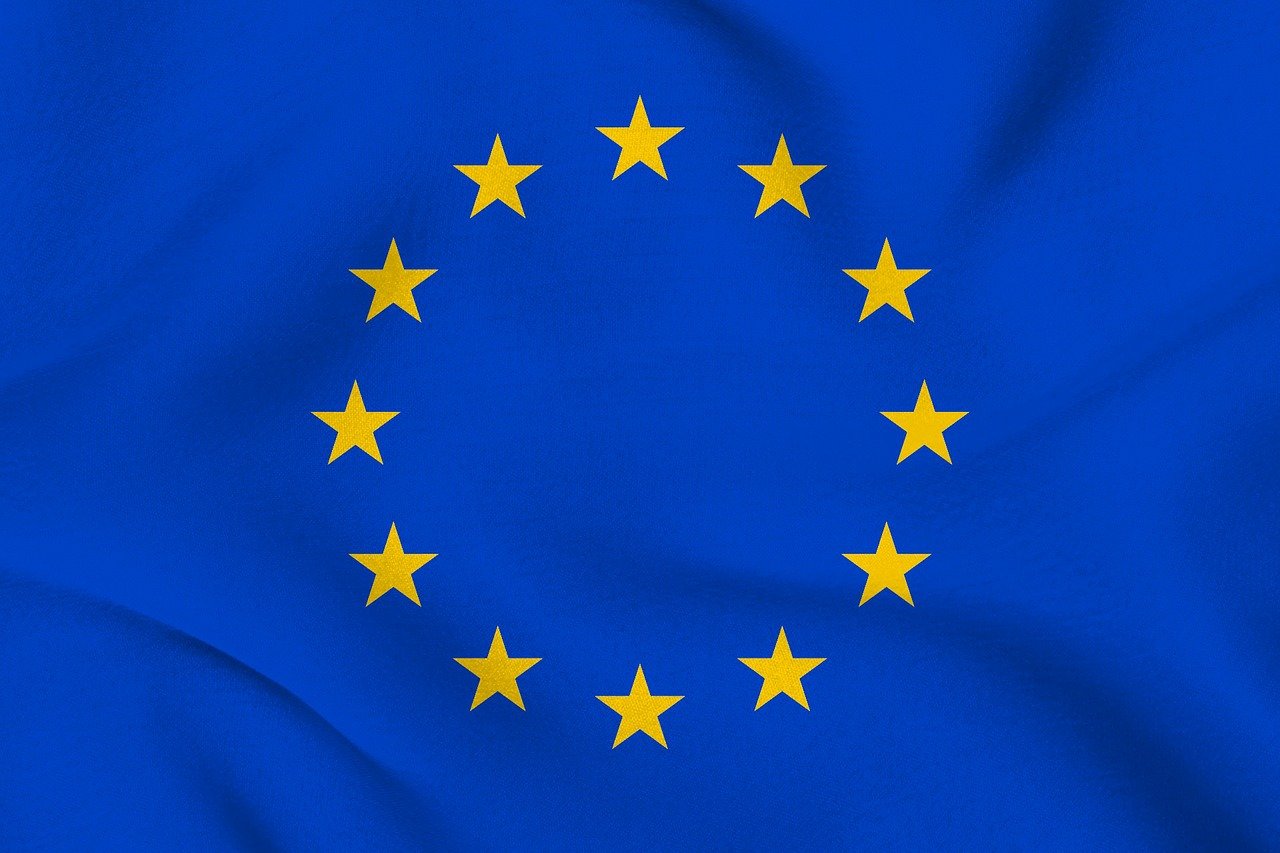EU Targets Anonymous Crypto with 2027 Ban on Privacy Coins and Accounts
05.05.2025 22:00 1 min. read Alexander Stefanov
Starting in 2027, the European Union will enforce strict anti-money laundering laws that effectively outlaw anonymous crypto activity.
Tokens that mask user identities, such as Monero and Zcash, will no longer be permitted within EU-regulated platforms, and crypto companies will be barred from offering untraceable accounts.
These rules form part of a sweeping regulatory overhaul aimed at increasing transparency across both traditional finance and the digital asset sector.
While the core legislation has been finalized, implementation details are still being hashed out by the European Banking Authority, which is tasked with translating the rules into enforceable standards.
Crypto firms operating across multiple EU nations will face heightened scrutiny. A new supervisory body, AMLA, will begin monitoring the largest players—those serving tens of thousands of customers or moving over €50 million in transactions.
Initial oversight will target 40 major firms, with mandatory identity checks on crypto transfers above €1,000.
Although the regulatory push has drawn criticism from privacy advocates, EU policymakers argue it’s a necessary step toward cleaning up the crypto space and preventing misuse.
-
1
Turkey Targets Crypto Crime With New Withdrawal Delays and Transfer Limits
25.06.2025 11:00 1 min. read -
2
Europe Takes the Lead in Crypto as U.S. Stalls on Regulation
22.06.2025 22:00 2 min. read -
3
Japan Plans Major Crypto Reform with New Tax Rules and ETF Access
24.06.2025 20:00 2 min. read -
4
Gemini Launches Tokenized MicroStrategy Stock for EU Users
28.06.2025 9:30 2 min. read -
5
U.S. Crypto Investors Hit by IRS Letter Surge as Tax Crackdown Looms
29.06.2025 11:00 3 min. read
EU Grants MiCA Licenses to 53 Crypto Firms: Here Is the Full List
The European Union has granted a total of 53 licenses under its MiCA (Markets in Crypto-Assets) regulatory framework, marking a major step toward harmonized crypto oversight across the region.
Here is When the U.S. House Will Vote on Key Crypto Bills
Following the passage of President Donald Trump’s sweeping tax and spending bill, House Republicans are now setting the stage for a major push on cryptocurrency legislation.
SEC Chairman With Important Comments on Regulation, Crypto, and Trading
U.S. Securities and Exchange Commission (SEC) Chairman Paul Atkins has emphasized the agency’s continued focus on investor protection, addressing insider trading, market manipulation, and the evolving landscape of cryptocurrency regulation.
Arizona Governor Vetoes Bill, Related to State Crypto Reserve Fund: Here Is Why
Arizona Governor Katie Hobbs has officially vetoed House Bill 2324, a legislative proposal that aimed to create a state-managed reserve fund for holding seized cryptocurrency assets.
-
1
Turkey Targets Crypto Crime With New Withdrawal Delays and Transfer Limits
25.06.2025 11:00 1 min. read -
2
Europe Takes the Lead in Crypto as U.S. Stalls on Regulation
22.06.2025 22:00 2 min. read -
3
Japan Plans Major Crypto Reform with New Tax Rules and ETF Access
24.06.2025 20:00 2 min. read -
4
Gemini Launches Tokenized MicroStrategy Stock for EU Users
28.06.2025 9:30 2 min. read -
5
U.S. Crypto Investors Hit by IRS Letter Surge as Tax Crackdown Looms
29.06.2025 11:00 3 min. read


